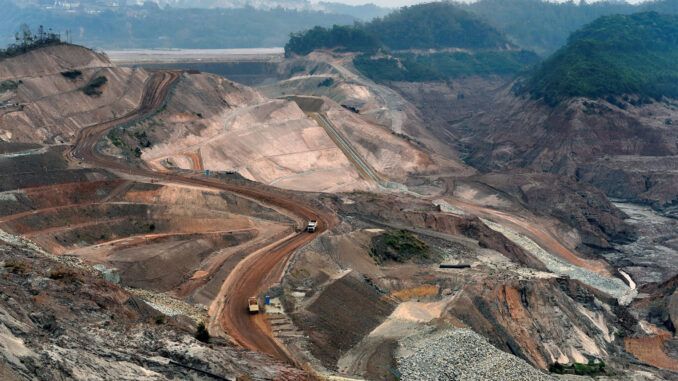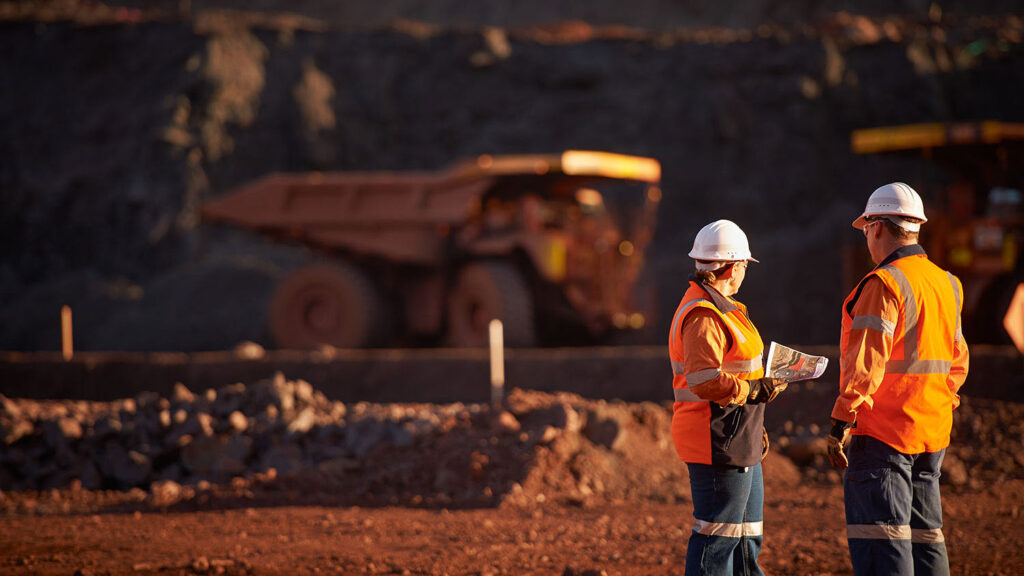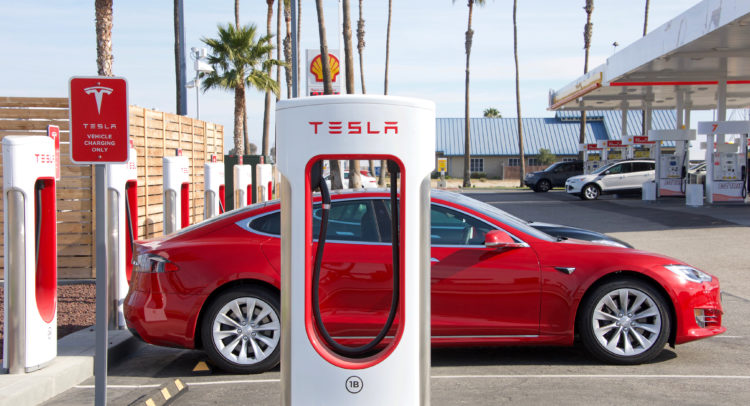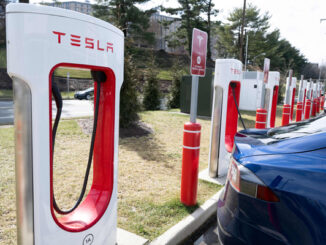
ENB Publishers Note: Doug Sheridan on LinkedIn writes the following is an opinion piece that has a lot of great talking points and you should connect with Doug. His LinkedIn is here:
The WSJ writes, making the global economy more environmentally sustainable will require a lot more natural resources. This is an irony the mining industry will need both to exploit and to defuse.
EVs highlight the problematic opportunity for miners. Although a Tesla or Porsche Taycan doesn’t have a tailpipe and usually generates much less carbon than a traditional car over a multiyear lifespan, its big lithium-ion battery requires more metal than an internal combustion engine.
Rystad Energy expects annual lithium demand from EVs and energy storage to rise by a factor of more than 20 times by 2030 compared with last year’s level. Lithium-ion batteries also contain cobalt, nickel, copper and aluminum. And this isn’t just about batteries: Solar panels, wind turbines, charging stations and the grid infrastructure to tie them together will all need masses of metal.

There is talk of a new supercycle, with specialist stocks such as lithium miner Albemarle pricing in astronomical growth. Meanwhile, BHP and its close peer Rio Tinto still make most of their profits from selling iron ore, which has a big emissions problem because it feeds into the hard-to-decarbonize steel industry. Yet both are trying to increase their exposure to so-called future-facing commodities.
Rio Tinto in July pledged $2.4 billion to a vast lithium project in Serbia. BHP is trying to acquire Noront Resources Ltd., which owns a promising Canadian nickel deposit.
The scramble for new mining prospects is likely just getting started. Canada is a particularly appealing destination. In addition to ample resources, it offers proximity to the big U.S. market, favorable geopolitics and good environmental, social and governance credentials.
Rio Tinto recently raised its long-term forecasts for capex with a focus on transition metals, and announced more ambitious plans to decarbonize its operations. Analysts expect an increase in spending across the sector after years of caution and capital returns.
The wild card in the game is battery innovation, which could throw off today’s demand forecasts. The Biden admin published a “National Blueprint for Lithium Batteries” that called for cobalt and nickel to be engineered out of the supply chain.
Bottom Line: The global decarbonization trend should give miners plenty to do, but it won’t be a tide that lifts all boats, and some could sink. While specialists like Albemarle and prospectors like Noront are early winners, the giants of the industry will have to work hard to strike gold.
Our Take: There’s a plethora of reasons to believe the vaunted energy transition will move more like molasses than quicksilver. None are more prevalent or widely agreed-upon than the paucity of production in the natural resources needed… and the long period of gestation required to bring new production on line. Yet, we march on—as if none of it matters.



